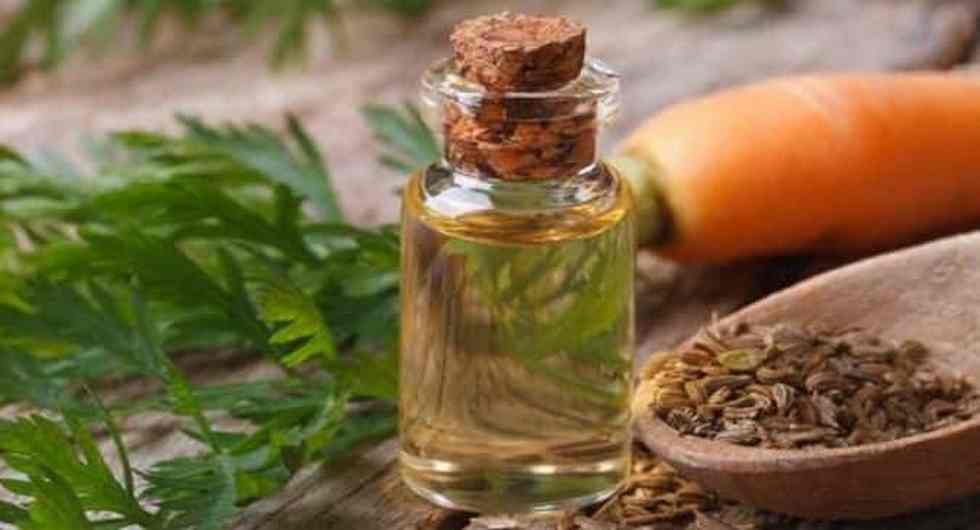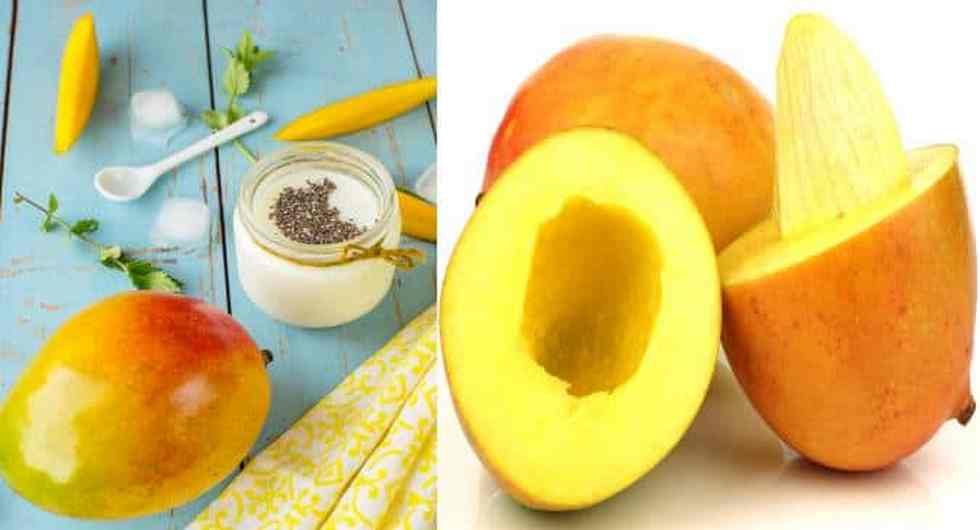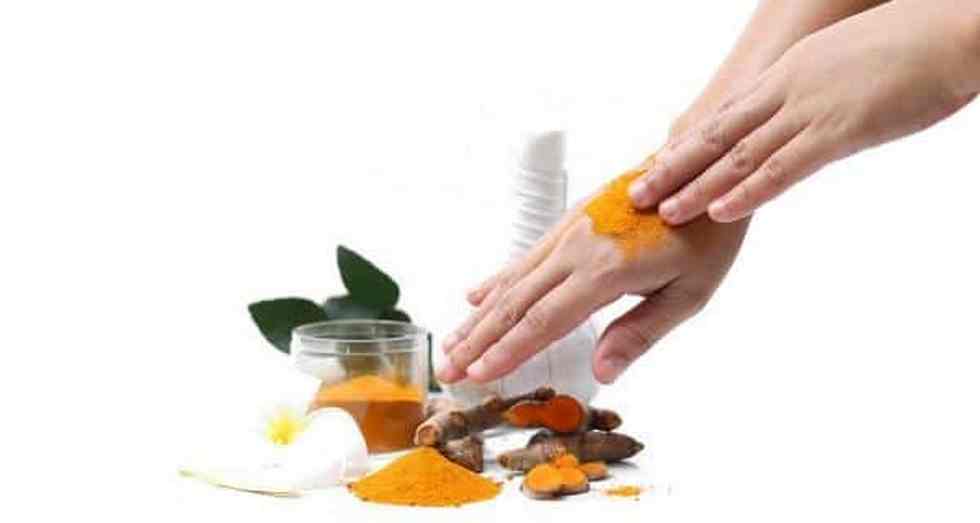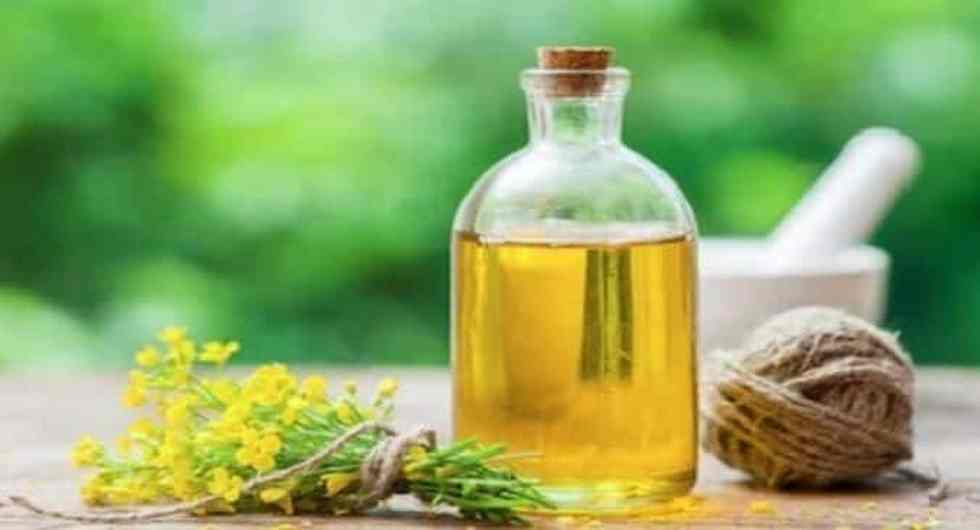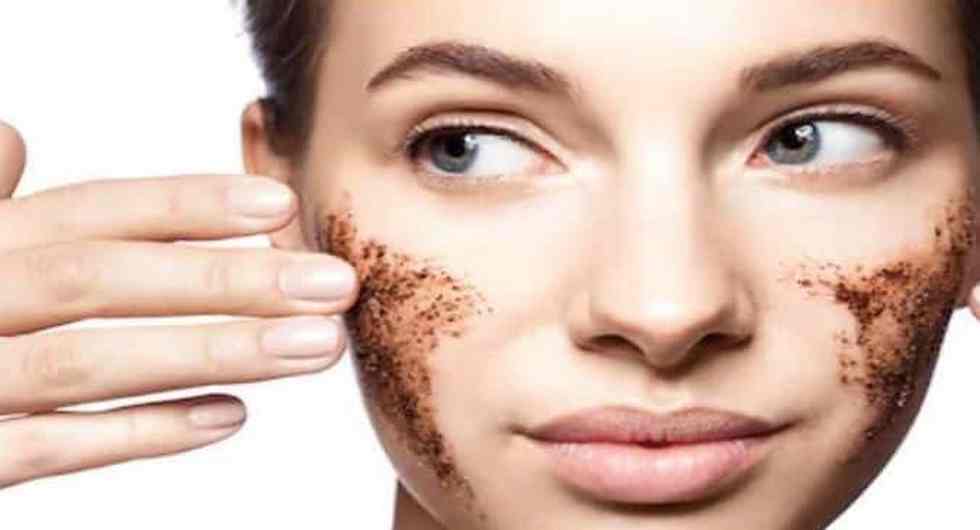
With individuals spending extra time at house as a result of pandemic, DIY skincare has turn out to be a notable development now. A dermatologist suggests avoiding these frequent DIY skincare elements.
You may be considering of making an attempt a brand new DIY skincare recipe or may need tried one already whereas self-isolating your self at house in the course of the Covid-19 pandemic. Hope you did not find yourself harming your pores and skin. Do-it-yourself (DIY) skin-care ideas and recipes have gotten more and more in style now in the course of the lockdown, with individuals on the lookout for simply accessible elements to boost their pores and skin well being or repair their pores and skin points whereas they’re caught at house. Making your personal skin-care merchandise with pure elements which can be simply accessible at house is a productive method to make use of your free time and distract your thoughts from this traumatic scenario. However there are benefits and drawbacks of constructing skincare at house. Some DIY skincare routines could cause extra hurt than good if used incorrectly, stated Dr Manasi Shirolikar, Head Dermatologist at Remedico.
“Sure, a notable development in the course of the pandemic, with all of us sitting at house, is the rise of do-it-yourself (DIY) magnificence care. As a consequence of spending extra time indoors, and no occasions to look ahead to, the main focus shifted on self-care and skincare for probably the most. This development has been additional inspired by the self-proclaimed magnificence gurus on the web. However not all DIY skincare routines are secure, they will trigger extra hurt than good if used incorrectly,” Dr Manasi informed TheHealthSite in an unique e-mail interplay.
Frequent DIY elements that must be prevented
Dr Manasi has listed some frequent DIY elements that must be prevented with causes. These are:
- Sugar and low granules: Home made facial scrubs generally made utilizing sugar and low granules. However utilizing sugar and low granules can result in small pores and skin tears as the scale of the particle varies.
- Lemon: It’s a very fashionable DIY ingredient used to cut back tanning and pigmentation. However it could trigger irritation in lots of. When somebody who has utilized lemon on the pores and skin is additional uncovered to the solar, they might have a response referred to as ‘phytophotodermatitis.’
- Vinegar: That is one other frequent DIY product that’s broadly used for pores and skin and hair care options. Use of vinegar on the pores and skin can result in doable uncomfortable side effects similar to irritation, superficial burns (if utilized usually), sunburn and white patches (leucoderma).
- Baking Soda: There was lots of debate about utilizing Baking Soda, however it’s nonetheless extensively really helpful and used. When baking soda is utilized, it could have an effect on the usually acidic pH of the pores and skin, this results in an impairment within the pores and skin barrier and may trigger dryness, irritation and breakouts.
- Toothpaste: Everybody’s favorite house treatment for zits is Toothpaste; nevertheless, its foremost elements are peroxide and baking soda that may injury the pores and skin. Whereas they do dry out the zits and reduce irritation, it’s only short-term. Uncomfortable side effects embody pigmentation.
Dr Manasi additional added that selfmade merchandise do not have preservatives in them, and so micro organism can simply develop. For instance, masks fabricated from uncooked elements, like eggs, can comprise dangerous micro organism like salmonella, she famous.
Ending the interplay, Dr Manasi stated, “Despite the fact that DIY skincare is tempting and enjoyable, a dermatologist can be greatest suited to assist one perceive your pores and skin and its issues.”

